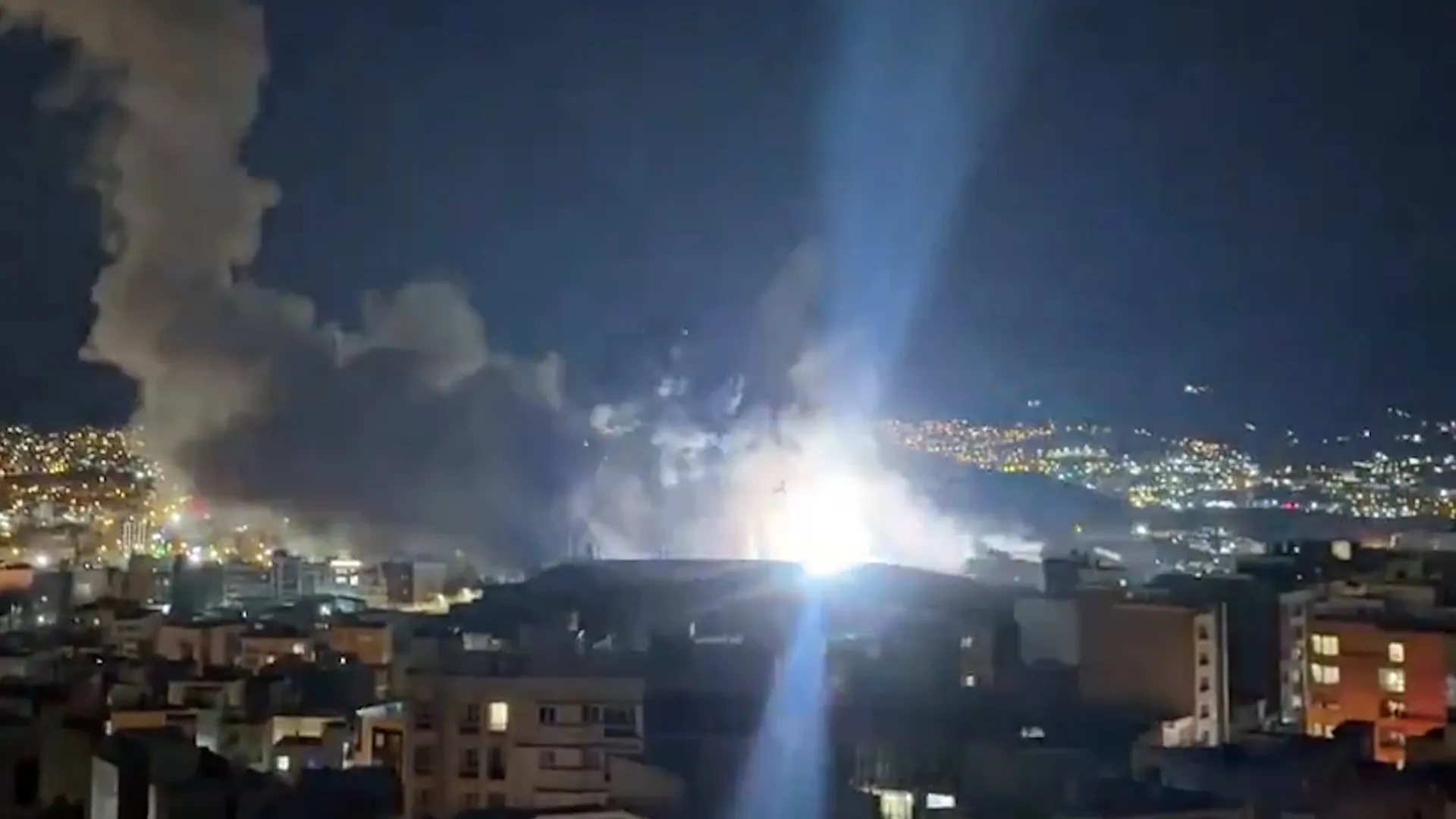Video: Intense US-Israeli bombardment across Iran | Israel-Iran conflict
Intense US-Israeli bombardment sent flames and plumes of smoke into the night sky across Iran. Strikes hit Sanandaj near a media centre and across an expanse of the capital, Tehran.
Published On 5 Mar 2026
